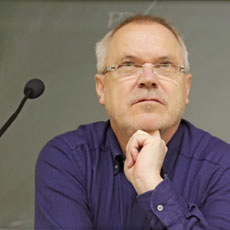Lessons Learned When Classes Don’t Go As Planned
When things don’t go well in a class, it never generates good feelings. It takes courage to address the reasons why. What if the teacher discovers it’s her fault? It takes even more courage to explore with a colleague what happened and the most courage of all to share in print the tale of a class gone awry. I have a small but growing resource list of just such public disclosures—they attest to how much an instructor can learn by facing what happened and how much others can learn by reading these accounts. I have a new article to add to that collection.





